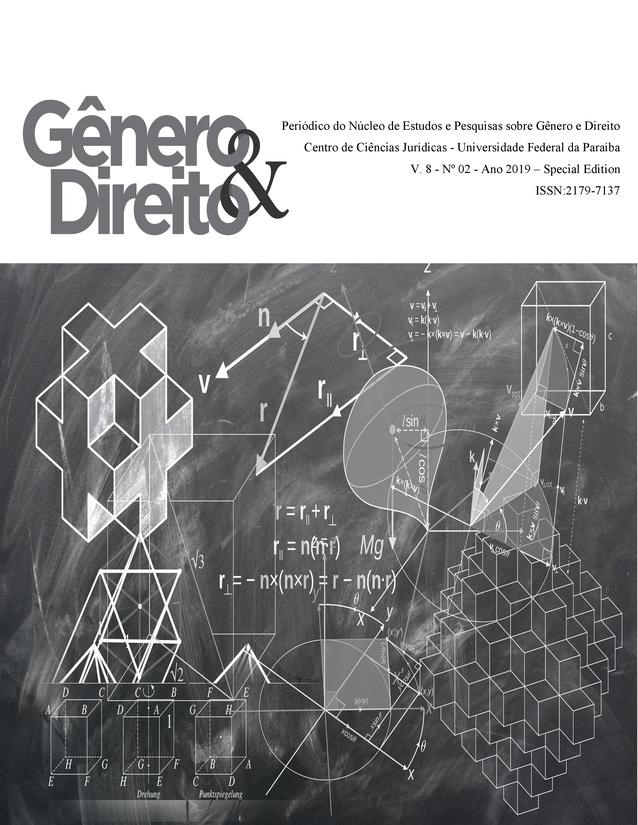A STUDY OF HUMAN CLONING IN IRAN’S LAW AND IN JURISPRUDENCE
DOI:
https://doi.org/10.22478/ufpb.2179-7137.2019v8n2.46461Palavras-chave:
Reproductive cloning, therapeutic cloning, Islamic world, ethical or moral issuesResumo
Human cloning is a new phenomenon that is still in the early amazing stage. In biology, cloning means “proliferation of a living creature without sexual intercourse” and is currently referred to embryonic implantation in the womb which is originally produced in the laboratory. In other words, cloning is the creation of a genetically identical copy of a human or animal that, by replacing the core of the referred person’s cell and multiplying it, results in the production of a person exactly identical (or a copy) of the first person. The process is that researchers first replace nuclei of an ovum with DNA of other cells, then protect them in the laboratory to proliferate and change to embryos. If the embryo is implanted in the womb and a human being is born, human reproduction has done. I view of Islamic jurists; human cloning is forbidden for many reasons. The present paper tries to study the cloning issue, its negative and positive consequences, and the reactions that have been shown in the world of Christianity and the West and Islamic world.Downloads
Referências
Ismail Abadi, Alireza. (2008). Legal ethical reflections on human Cloning. Iranian Journal of Ethics and Medical History. Pages 48-37.
Khorrami, Javad (2003). Human Cloning, Consequences and Reactions. Moballeghan Magazine No. 51, pp. 73-161.
Denier, Moosa. (2003). Human Cloning from the point of view of Islamic jurisprudence. Journal of Scholars. No. 4, p. 150.
Cloning. Tehran: Sina Cultural Law Institute, First Printing, Pages 20-40.
Saeedi Nejad, Hamid Reza. (2002). Genetics and International Relations Theories: A Cashback on the Theory of the End of History. Foreign Policy Magazine. No. 61, pp. 235-246.
Cloning and Positioning of Religion and Society. (2003). Technology Law Newsletter. No. 6, pp. 66-58.
Shariat Madari, Hamid Reza. (2009). Human Cloning. Quarterly Journal of the University. No. 10, p. 122.
Saremi, Abotaleb. Yusufyan, Shervin. (2006). Cloning: Friend or Foe. Forensic Magazine. Volume 12, Issue 1, p. 50.
Aliyanejadi, Abolqasem (2000). Cloning. Quarterly journal of research and field. No. 6, p. 23.
Qarzavi, Yousef. (2003). Cloning. Translation by Nour al-din Saidiani. Journal of Dean Researchers. No. 3, p. 23.
Mohaghegh Damad, Seyyed Mostafa. (2005). Human Cloning from the point of view of Jurisprudence and Ethics. Cairo International Medical Ethics Conference. P. 34
Mohammadi Ali (2010). Cloning from the Perspective of Scientific, Moral, Legal and Jurisprudential Considerations. Tehran: Publishing Ma'arf, Second Edition. P. 45
Mohajeri, Abdul Rasul. (2002). A Report on Cloning. Office of Women Studies. Pages 2-1

